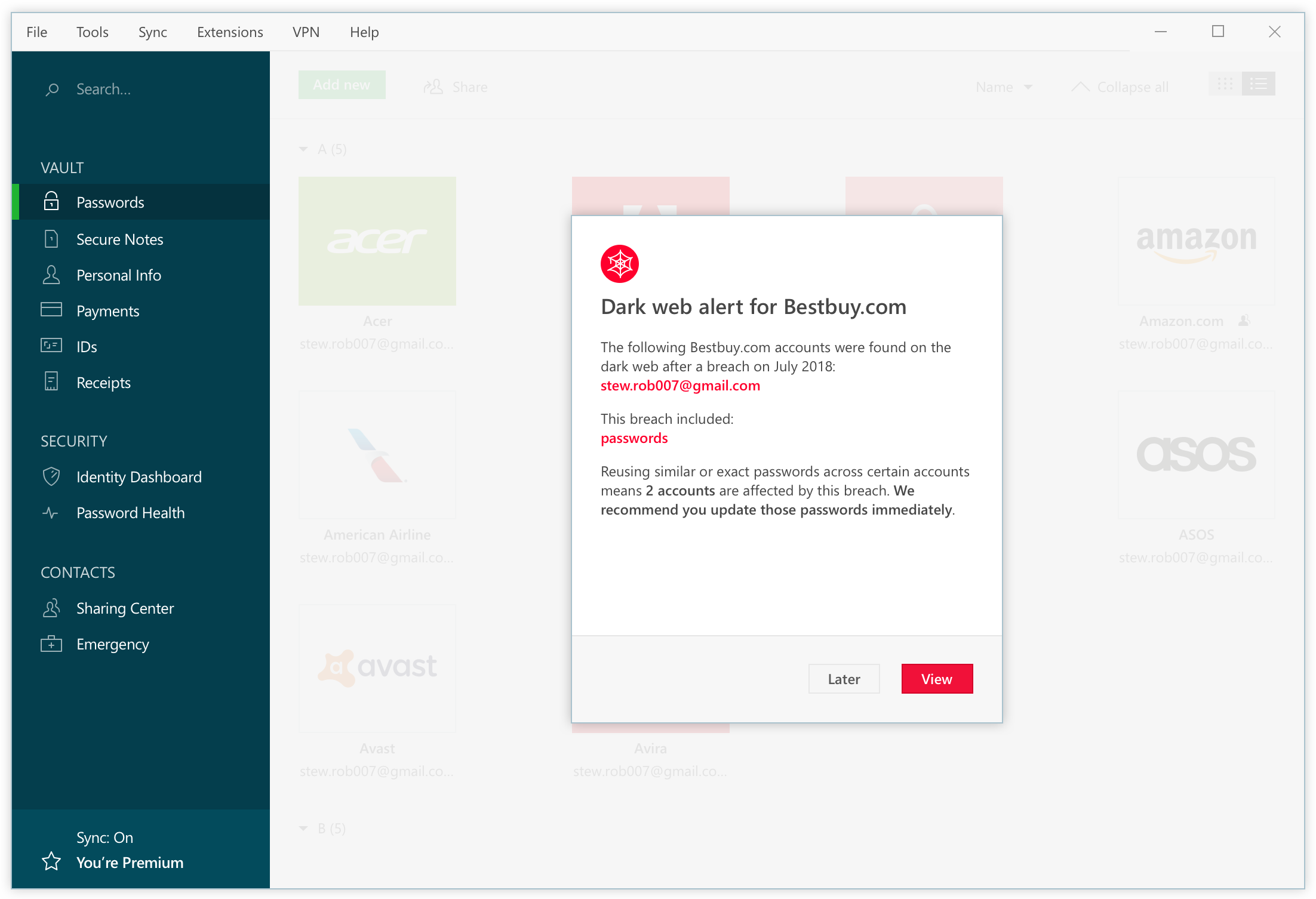
Carbon Black launches real-time security ops solution
Security and operations teams often have no reliable way to assess the current state of endpoints across their enterprise.
Lack of visibility is a major concern which leads to greater risk of a breach and a lack of information to take appropriate action after a problem occurs.

SMBs rank network security as top concern
SMBs are just as likely to be attacked by cybercriminals as larger businesses, yet they lack the budgets and resources to secure their systems and deal with the aftermath of an attack.
It’s not surprising then that a poll of more than 350 SMBs worldwide by cybersecurity specialist Untangle finds that firewall and network security are rated as the top security concerns, particularly as more systems move to the cloud.

Massive router hack used to spread CoinHive cryptomining script
Researchers at Trustwave have uncovered an attack on tens of thousands of MikroTik routers which is being used to embed CoinHive cryptominer scripts in websites.
A surge in CoinHive actvity in Brazil at the start of this week alerted researchers that something was happening. Further investigation showed that MicroTik devices were at the root of the problem and all were using the same CoinHive site key.
2FA SNAFU led to Reddit security breach in which user data was stolen
Reddit has revealed details of a security breach that enabled a hacker to gain access to private messages, usernames and encrypted passwords. The self-proclaimed "front page of the internet" is undertaking an investigation and taking steps to improve security.
The attack took place between June 14 and June 18 this year, and the perpetrator was able to access "all Reddit data from 2007 and before including account credentials and email addresses", the site said in an announcement. The breach was made possible after the attacker beat SMS-based two-factor authentication and compromised several employee accounts.

Android apps carry hidden Windows 10 malware
Over 140 apps on the Google Play store have been discovered to contain malicious Windows executable files.
Researchers at Palo Alto Networks found that among the infected apps, several had more than 1,000 installations and carried 4-star ratings.

Spear phishing attack hits more than 400 industrial companies
Researchers at Kaspersky Lab have detected a new wave of spear phishing attacks disguised as legitimate procurement and accounting letters, that have hit more than 400 industrial organizations.
The emails have targeted approximately 800 employee PCs, mostly in Russian companies, with the goal of stealing money and confidential data from the organizations, which could then be used in new attacks.

Virtualization tool helps protect critical IP and high value assets
While breaches often focus on consumer or payment information, they also put at risk key intellectual property and business assets.
Virualization-based security specialist Bromium is announcing a new product called Protected App, which allows organizations to establish robust, end-to-end protection around their critical intellectual property (IP) and high value assets (HVAs).

Businesses overestimate consumers' level of 'digital trust'
How much do you trust businesses with your data? A new report from CA Technologies reveals 48 percent of consumers have stopped using the services of an organization because of a data breach.
Yet the study, conducted by analysts Frost & Sullivan shows varying attitudes to data stewardship among businesses, with nearly half admitting to selling customer data, while claiming that data protection is paramount.

Managed detection and response supports internal security teams
Companies are facing a constant battle against cyber threats, add to this a growing skills gap and security teams don't always have the staff or knowledge to effectively monitor and respond to threats.
Automated detection and response company Fidelis Cybersecurity is launching a new managed detection and response (MDR) service to supplement in-house security resources.

FireEye uses machine learning to guard endpoints
Traditional signature-based security solutions find it hard to keep up with the fast pace of malware development, so security companies are turning to other solutions.
FireEye is launching a new version of its Endpoint Security product with the addition of a machine learning engine called MalwareGuard.

AlgoSec launches updated security management for cloud and hybrid
As businesses shift their systems to the cloud there is inevitably an increase in complexity that makes maintaining security more of a challenge.
Security policy management specialist AlgoSec is launching a new version of its Security Management Solution to enable policy management across clouds and software-define networks.

SafeWallet aims to make cryptocurrency transactions easier and more secure
Anyone who has dabbled in Bitcoin or other cryptocurrencies knows that the wallet process for storing and using coins can be a bit of a pain.
Wallet users are often forced to use long private keys and mnemonic phrases to back up their crypto-assets, with most wallet apps asking users to print their private keys and mnemonic phrases onto a piece of paper, something which can easily be lost or stolen.

Free template helps businesses deal with data breaches
Thanks to legislation like GDPR businesses need to report data breaches promptly or face large fines. However, in the heat of a security incident it can be easy to overlook vital procedures.
Privileged account management specialist Thycotic is aiming to help with the launch of a free Incident Response Policy Template to help businesses take the right steps at the right time.

Dashlane 6 adds an identity dashboard to help users understand their online security
Password manager app Dashlane is launching the latest version of its software complete with a new Identity Dashboard, which provides a complete picture of a user's online security and clear actionable steps to improve it.
The dashboard integrates dynamic new features like dark web monitoring, as well as a new Password Health assessment, that put people in complete control of their digital identities.

IT professionals increasingly worried about cyber attacks
IT security professionals are more than twice as worried about data breaches and cyberattacks today than they were this time last year according to two new reports.
The International Cyber Benchmarks Index and The Changing Face of Cyber Attacks, from the Neustar International Security Council (NISC), reveal the greatest threats as system compromises and ransomware, with 20 percent listing both as their primary concern
